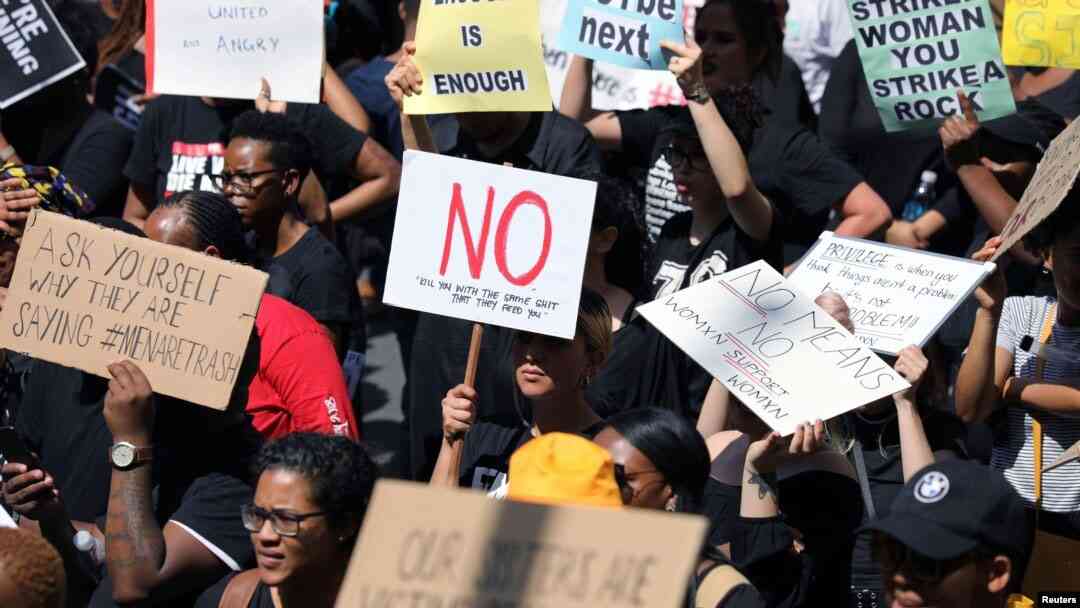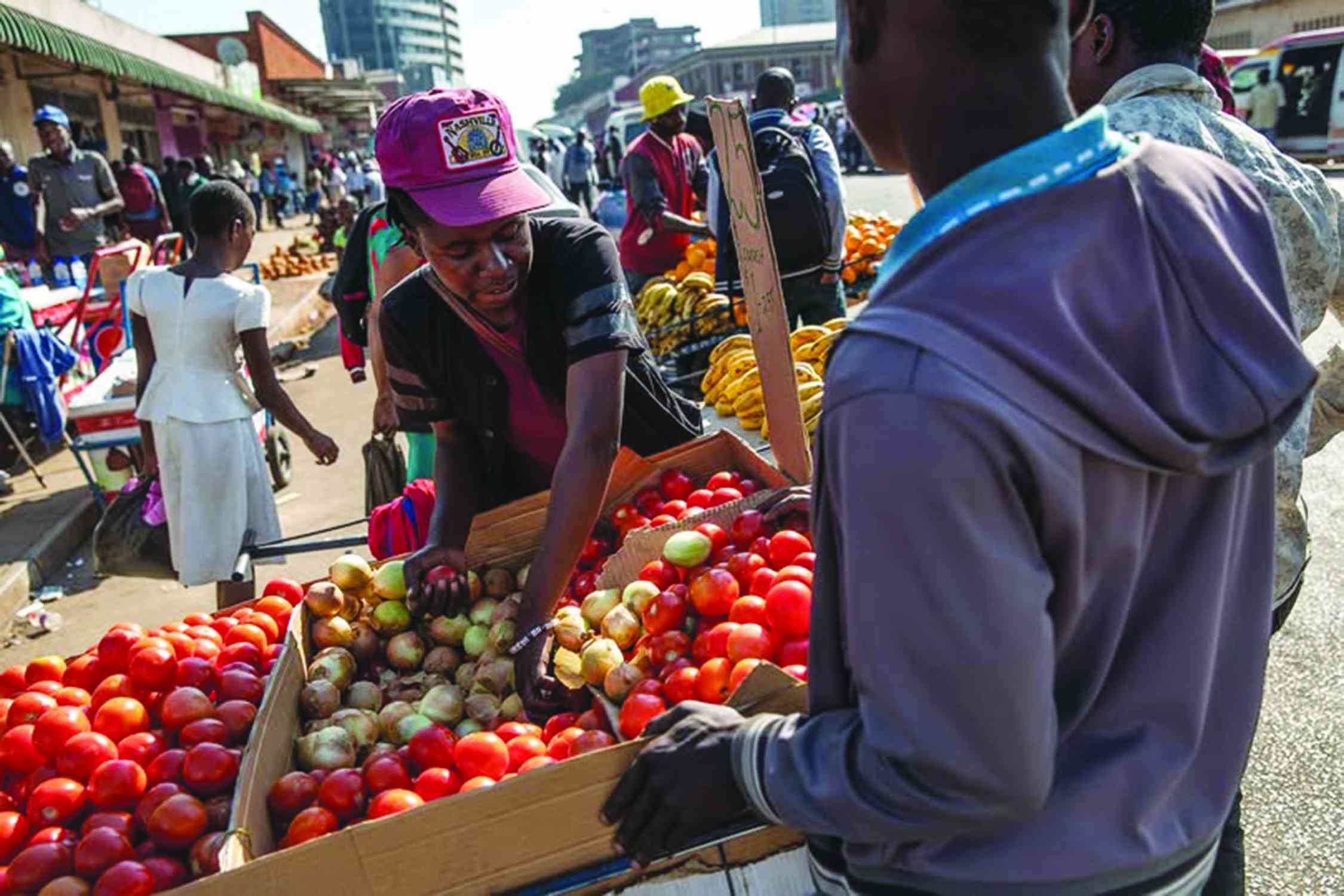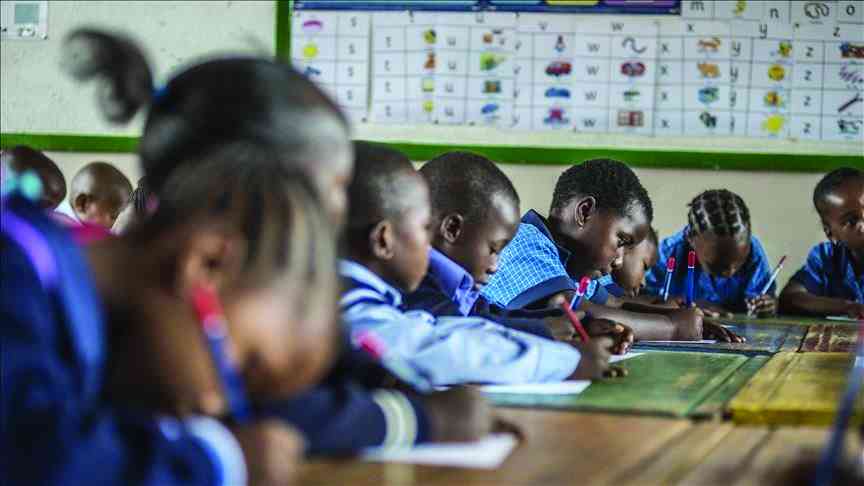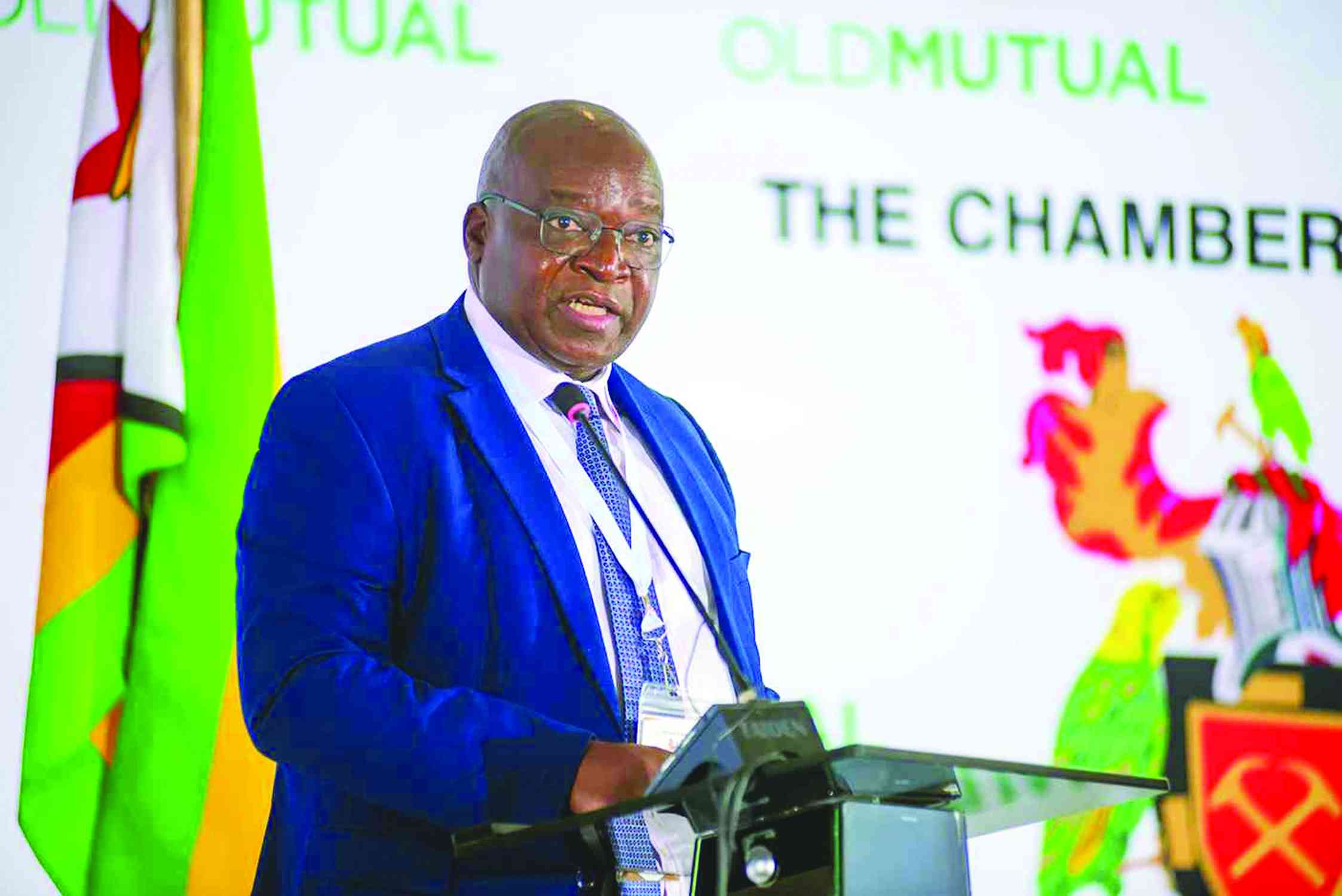
LAST week, when our columnist Kudakwashe Taimo posed this question: Have you ever paused to consider what the Zimbabwe Stock exchange (ZSE) would look like if Delta Corporation had migrated to Victoria Falls Stock Exchange? We became inquisitive. Delta is the largest listed counter on the ZSE, accounting for over 30% of its market capitalisation. It is probably why leading analysts such as Taimo — like before — took an interest in the beverages giant’s full year financial results to March 31, 2025. In the aftermath, our senior reporter Freeman Makopa (FM) caught up with Delta group finance director Alex Makamure to discuss a wide range of issues. He had so much to share, but what’s striking was his view on the implications of US President Donald Trump’s tariff war on operators in our own market. Below is how Makamure sees the trends:
FM: What were the key drivers behind Delta's revenue growth?
AM: Growth was up because of the volume of lager beer. We ended up about 8% up on lager beer. This was during an environment of changes in the pricing of beer. Both Chibuku and lager have escalated. There was about 1% growth in Chibuku volumes. Regarding our revenue, remember the increase in prices of soft drinks arising from Sugar Tax means even when volume is lower we still end up with an increase in revenue.
FM: How far are you on engagements with the government over that issue?
AM: We still argue that the Sugar Tax is very high compared to benchmarks in the region. It is twice the levels in South Africa. We have moderated pricing by absorbing the Sugar Tax ourselves. Around November, we went back to the US$1 for four price point, which was the price before the Sugar Tax was implemented. This means we are actually absorbing the Sugar Tax to make sure we remain in business. The greater impact is that between June and November, we saw products coming from Zambia because of price differences. Products from Zambia are still landing in Zimbabwe cheaper, even with the Sugar Tax. This points to cost differentials in the region. Soft drink prices in Zambia are generally lower than ours.They want to reduce sugar consumption by imposing a 30% state tax on imported sugar — which is unbelievable. You are trying to reduce sugar consumption with a Sugar Tax, yet when that leads to reduced offtake from suppliers, you are burdening companies that are trying to reduce costs by importing requirements at slightly cheaper prices.
FM: What has been the impact?
AM: Volumes in that sector are generally between 15% and 20%. This is not just for Delta but for other players. In addition to this reduction in branded beverages, we are seeing a lot of other unregulated beverages entering the market — some from Mozambique, some nondescript, and at much lower costs. Even locally-produced ones — we now have big, activated products coming in. When you make sugar-added beverages more expensive, people take advantage. One of the ways we have tried to reduce the impact of the Sugar Tax is through reformulation — pushing sweetened beverages using artificial sweeteners. But in that market, I don’t think the government analysts were prepared to verify these products. Now we don't know whether the artificial sweeteners being used by everyone are those approved by the WHO. Beverages should only use approved ingredients. The government implemented these measures without looking at the holistic picture. In summary, we are seeing significant loss of volume in carbonated beverages. We are seeing high imports of competing beverages from Zambia and previously from Mozambique. The government is reacting to the loss of sugar sales from local suppliers and trying to protect millers such as Triangle by introducing unbelievably high import taxes — which are unnecessary. They should have assessed the impact of reduced sugar consumption, which leads to reduced output from suppliers.
FM: Tell us more about this tax.
- Letter from America: Is former president Donald Trump a hero or villain?
- Chidzivo, Tarakinyu clinch Kabag honours
- Letter from America: Is former president Donald Trump a hero or villain?
- The Fiddler: Is honesty the best policy?
Keep Reading
AM: We are saying the Sugar Tax level needs to be reduced further. The numbers are still too high. For example, Mazowe is currently selling at about US$4 per unit. Other producers are at around US$3, from a position where Mazowe used to be about US$2,80. This is all because of the high sugar price in Zimbabwe. Compared to South Africa, where sugar from millers is between US$600 and US$650, local suppliers here are selling it at over US$900. These cost differences mean we can’t get to a competitive price level.
FM: What challenges have you faced, especially in relation to currency constraints?
AM: I think, because we are largely a dollarised economy, sourcing key imported materials is not really an issue at the moment. What worries us now are the impacts of trade wars between the US and other countries, where high tariffs are being imposed. These filter through as additional costs to our business. Moreso because drastic policy changes by US President Donald Trump have impacted the US dollar — and we are dollarised. The dollar has lost value. Our imports, which are largely from the EU — such as packaging lines from Germany — are now more expensive. The euro has moved from 1,1 to 1,2 to the dollar — a 20% increase in our storage costs. These are the things we highlighted in our discussions and results last week.
FM: How are you managing raw material inflation and cost pressures?
AM: In our case, cereals — maize, sorghum, and barley — reflect regional shortages. Last year, due to drought, we had to rely on imported maize. In South Africa, where we usually source, prices were firm. In Zimbabwe, although the producer price was indicated around US$480, the normal price would have been over US$300. But we were importing maize at over US$450 to US$470 last year, which is quite inflationary. But as I said, we couldn’t increase prices because it is a competitive market. International exchange rates have also been under pressure. Shipping has been disrupted by the Middle East and Ukraine wars — so, quite a few global challenges are affecting us.
FM: How much have you invested locally to reduce imports?
AM: For barley, we normally contract slightly more than our requirements, so we are okay. For sorghum, we had to cover about 20% to 30% of our needs through imports last year due to the drought. For maize, we are currently contracting 5 000 to 6 000 hectares annually, giving us about 40% to 50% of our requirements. We depend on the market for more than 50% of our maize. The challenge in achieving full maize self-sufficiency is policy inconsistency. Because maize is a staple, the government often intervenes — setting producer prices at the end of the season, when you have already sold. So we are cautious. Contracting 5 000 to 6 000 hectares annually is sufficient to remain relevant in that market.
FM: You previously mentioned plans to reduce the sizes of your PET drinks.
AM: Our main offering was the 500ml PET at US$1 for two. To maintain that price point, we reduced the PET volume from 500ml to 440ml. That has been a very successful move — the price remains accessible, and it's easier to handle transactions in terms of change. That PET size only accounts for 30% to 40% of our volumes. That is why the government is again absorbing Sugar Tax on the main PET, which is the 300ml — the king size. So we currently have the US$1 for four promotion. We are waiting for discussions, hoping the government will reconsider the Sugar Tax.
FM: What are the company’s investment priorities?
AM: Our focus is supporting business growth. It is hard to justify new investment when there is a volume reduction at the industry level. In the Chibuku business, we built up capacity with the Harare refinery in 2023/2024. So we have enough capacity there. In the lager business, volumes more than doubled in the last 12 months.
FM: Is Delta looking at any mergers, acquisitions?
AM: Not much beyond what we reported last week — we increased our shareholding in Schweppes from 39% to 69%, buying out the management consortium that held the remaining 20%.
FM: Tell us about exports and regional expansion
AM: So far, we have not been very successful with our ventures in Zambia and South Africa due to operational issues. In Zambia, the government took an interest in traditional beer. We faced several challenges in that market.Our focus now is on returning to profitability. In South Africa, we set up a new plant for Chibuku Super. We believe there is growth potential.











